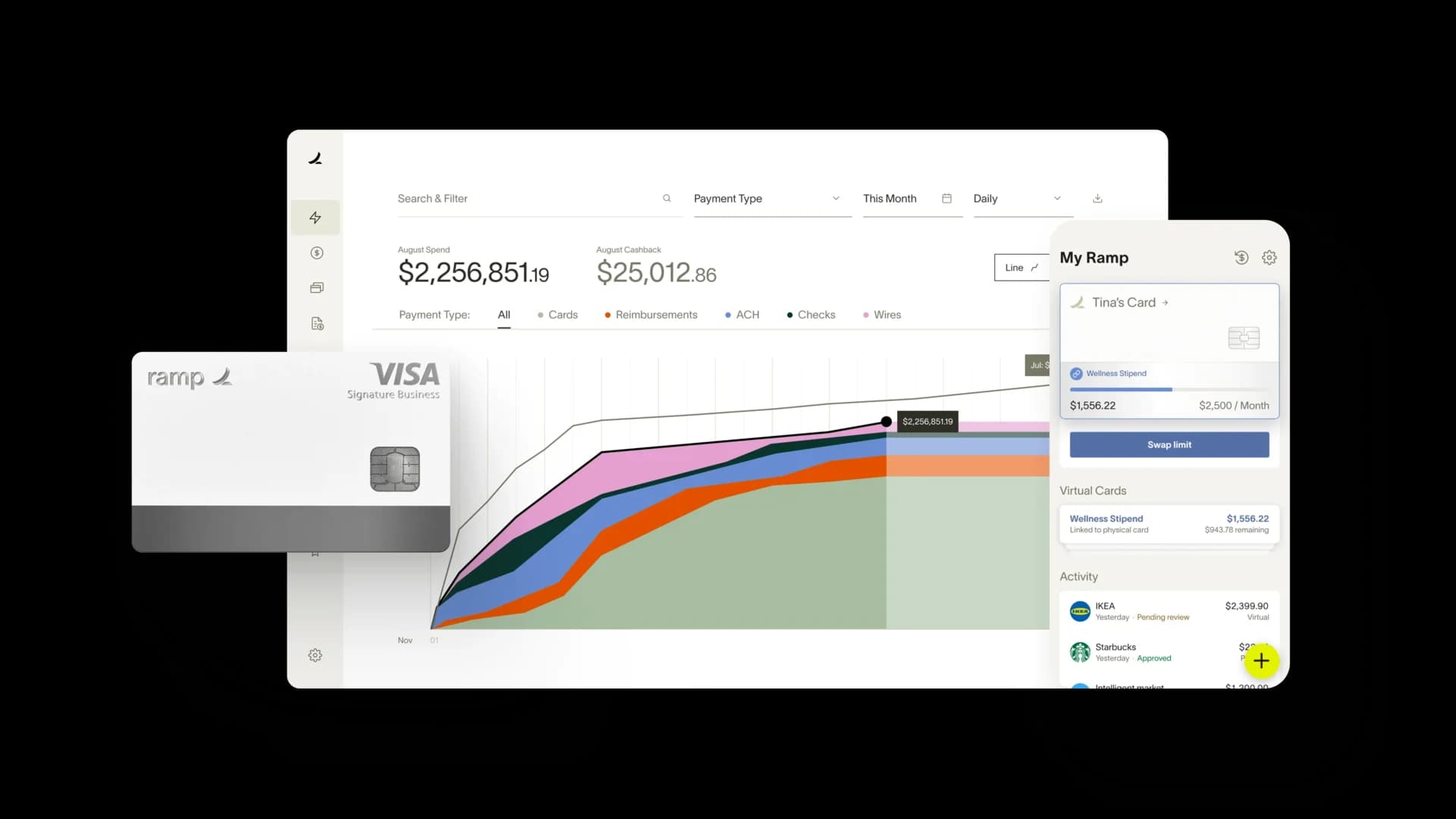Wyoming mileage reimbursement rates & calculator


As an employer, getting mileage reimbursement sorted can really make a difference for your business. Here's the latest scoop for you: While the state mandates mileage reimbursement for public employees under Wyoming Statute §9-3-103 at IRS rates, there's no hard rule saying you, a private employer, have to follow suit.
Nevertheless, aligning with these rates could be a real game-changer. Here's how it could play out for you.
- Build a workplace where everyone feels valued.
- Boost your employees' morale, making them want to perform better.
Most importantly, mileage reimbursement is no longer optional when it comes to offering compensation to injured employees under the Wyoming Workers' Compensation Act.
Wyoming business mileage reimbursement rates
For 2026, Wyoming reimburses state employees $0.725 per mile when they use a personal vehicle for official duties because a state vehicle is unavailable, in line with the IRS standard mileage rate.
Adopting similar reimbursement rates is advisable for you as a private employer, although it is only legally required if it applies to employees who sustain workplace injuries.
Here's a tabulated snapshot of the mileage reimbursement rates as per IRS over the years.
| Tax Year | Business rate | Charitable rate | Medical/ moving rate |
|---|---|---|---|
| 2026 | $0.725 | $0.14 | $0.205 |
| 2025 | $0.70 | $0.14 | $0.21 |
| 2024 | $0.67 | $0.14 | $0.21 |
| 2023 | $0.655 | $0.14 | $0.22 |
| 2022 (Jul 1 to Dec 31) | $0.625 | $0.14 | $0.22 |
| 2022 (Jan 1 to Jun 30) | $0.585 | $0.14 | $0.18 |
| 2021 | $0.56 | $0.14 | $0.16 |
| 2020 | $0.575 | $0.14 | $0.17 |
Please note: You may reimburse your employees at rates above or below the IRS standard. However, any excess reimbursement over the IRS rate is subject to taxation as income.
Wyoming mileage reimbursement calculator
Using the Wyoming mileage reimbursement calculator is straightforward.
- Choose the tax year for which you want to calculate.
- Input the miles driven to determine how much money can be received in return.
Wyoming mileage reimbursement laws
In Wyoming, mileage reimbursement laws provide a structured approach to how you should compensate employees for using their personal vehicles for business purposes. For state workers, reimbursement rates and policies are clearly outlined under Wyoming Statute §9-3-103, mandating specific payment rates and conditions.
As a private employer, offering mileage reimbursement is an optional good gesture unless you're dealing with Workers' Compensation Claims.
Develop a deeper understanding of these laws, starting with Statute §9-3-103 for state employees.
Mileage reimbursement under statute §9-3-103 for state employees
Under Wyoming Statute §9-3-103[1], state employees are reimbursed at 72.5 cents per mile when no state vehicle is available, and they use their private vehicle. But what most people do not know is that the state drops this rate when the use of a personal vehicle is for the employee's convenience.
Please note: The governor sets the state reimbursement rates, which are intended to reflect the maximum nontaxable rates the IRS allows.
Mileage reimbursement under the workers' compensation act
The Wyoming Workers' Compensation Act is critical in determining mileage reimbursement for injured employees.
Under Statute §27-14-401[2], offering mileage is no longer just a nice gesture — it's the law stipulating you must reimburse injured employees for mileage when they travel to the closest available medical provider if the travel distance is more than 10 miles one way[3].
This provision is part of the broader Workers' Compensation Law, which aims to support employees during their recovery by mitigating the financial burden of medical access.
Wyoming minimum wage and its connection to mileage reimbursement
The minimum wage in Wyoming is set at the federal minimum of $7.25 per hour, reflecting the state's alignment with federal wage standards. However, it does not apply to agricultural workers, full-time students, and disabled employees[4], who may fall under different compensation rules.
If your business doesn’t tick any of the aforementioned exemption boxes, nothing should crash your employees' minimum wages below the federal minimum, not even mileage non-reimbursement. If it does, although the Minimum Wage Law does not directly require you to offer mileage reimbursement, you will have to compensate for the wage difference.
Take control of mileage tracking and reimbursement with Ramp
Proper mileage reimbursement ensures that your employees are compensated fairly. It also creates a supportive and equitable workplace, which builds your name in the job sector. And before you know it, you'll be attracting great talent like a magnet.
More importantly, adopting fair mileage reimbursement practices will align your business with the Workers' Compensation Act and the Minimum Wage Rule.
Integrating Ramp into your operations can transform how you manage reimbursements. Ramp's expense management software will automate the tracking and calculation of mileage, eliminating the guesswork and manual processes that can lead to errors or inconsistencies.
With Ramp, you can ensure compliance with Wyoming's specific mileage guidelines and give your employees transparency in every transaction.
See how Ramp automates expense and mileage tracking for 50,000 businesses











Related posts
[1] Under the header, ‘Transportation expenses; limitation on longevity or length-of-service allowances’: https://wyoleg.gov/statutes/compress/title09.pdf
[2] Under the header, ARTICLE 4 - EMPLOYEE BENEFITS: https://wyoleg.gov/statutes/compress/title27.pdf
[3] Under the header, ‘Traveling to See a Doctor’: https://drive.google.com/file/d/1xpVhyS4Bg4QgqZM8yJxSMevgj3FTCDJs/view
[4] Under the header, ‘Appendix B: Wyoming Minimum Wage Exemptions’: https://doe.state.wy.us/lmi/mw/mwreport.htm#Appendix%20B:%20Wyoming%20Minimum%20Wage%20Exemptions

